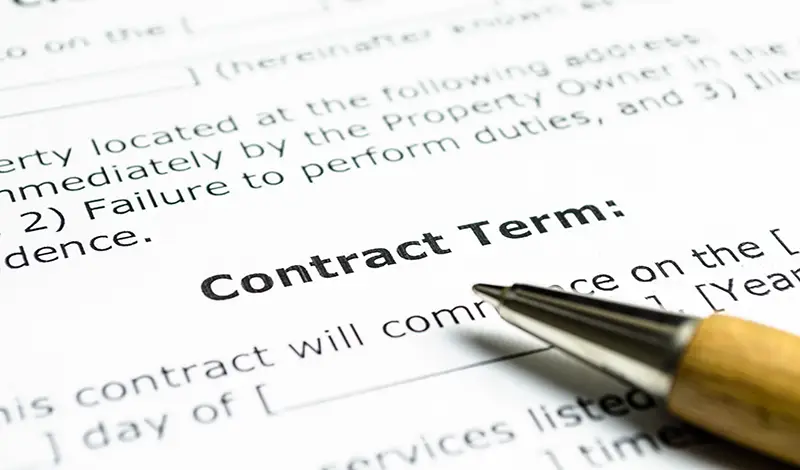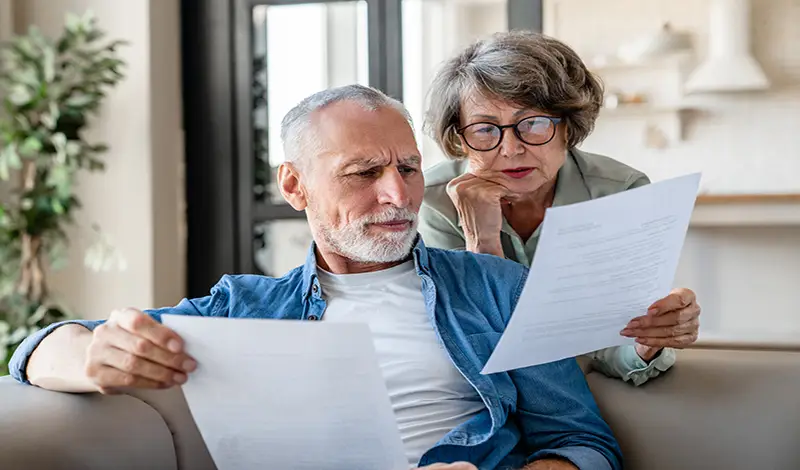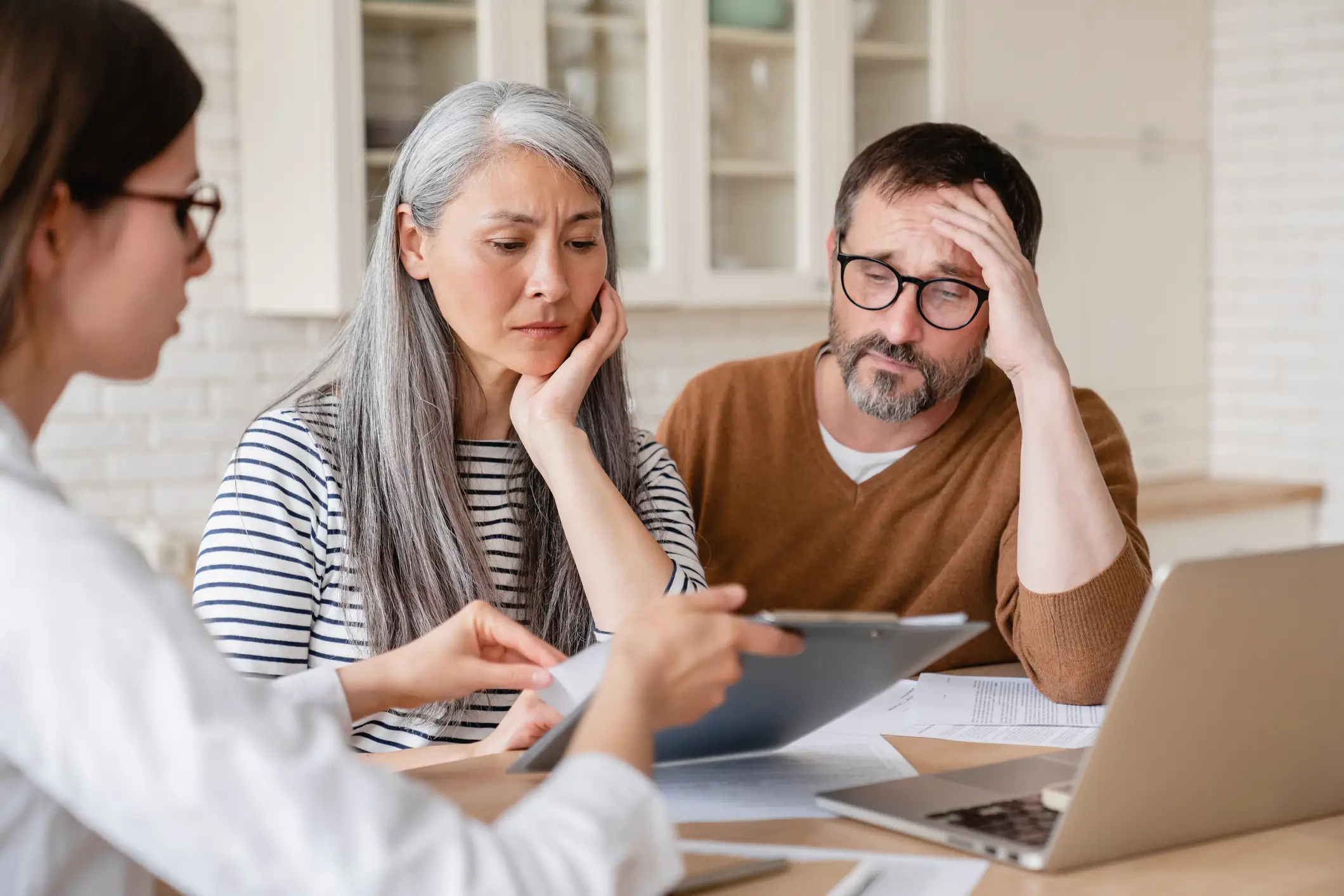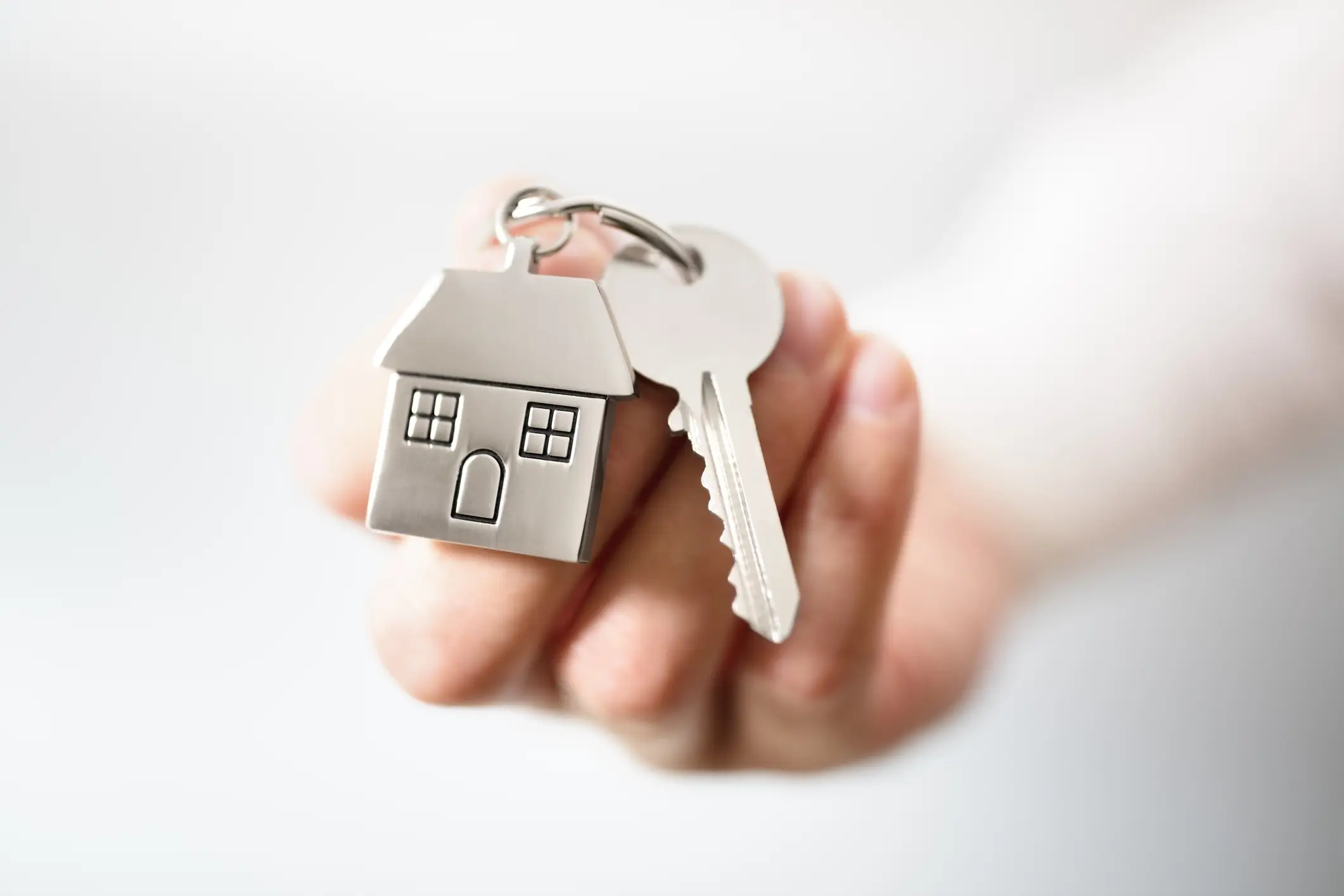What Happens if I Back Out of Buying a House?
Published on August 20, 2024 | 6 Minute read

Melanie
Ortiz Reyes
Content Specialist
Buying a house can be exciting and even nerve-wracking. It’s no surprise that sometimes, things don’t go as planned. Maybe you’ve found a better option, financial concerns have come up, or perhaps you’ve just had a change of heart. Whatever the reason, you might be wondering, “What happens if I back out of buying a house?”
Let’s walk through what can happen if you decide to step away from a home purchase, covering everything from the legal implications to the emotional side of things.

The Basics: Your Contract and Contingencies
When you decide to buy a house, you typically sign a purchase agreement or contract with the seller. This legally binding document outlines the terms of the sale, including the price, closing date, and any contingencies. Contingencies are conditions that must be met for the sale to go through, and they can offer you a way out of the contract without penalty.
Some common contingencies include:
- Inspection Contingency: Allows you to back out if the home inspection reveals significant issues.
- Financing Contingency: This lets you withdraw if you can’t secure a mortgage.
- Appraisal Contingency: Protects you if the home appraises for less than the agreed-upon price.
- Sale Contingency: This gives you the option to back out if you can’t sell your current home.
If you have contingencies in your contract, backing out might be straightforward. You can usually do so without losing your earnest money (the deposit you put down to show you’re serious about buying). However, if you decide to back out without a valid contingency, things can get a bit more complicated.

The Financial Implications
One of the biggest concerns when backing out of a home purchase is the financial cost. Here’s what you might face:
1. Losing Your Earnest Money: If you don’t have a valid reason (per the contingencies) for backing out, the seller is typically entitled to keep your earnest money. This amount can range from 1% to 3% of the home’s purchase price, so it can be a significant loss.
2. Potential Legal Action: In some cases, the seller might pursue legal action for breach of contract. While this isn’t common, it’s a possibility. The seller could sue you for damages, which might include the cost of re-listing the property or the difference between the agreed-upon price and the price they eventually sell the house for.
3. Additional Costs: Depending on how far along you are in the process, you might have already paid for things like a home inspection, appraisal, or loan application fees. Backing out means these costs are sunk and won’t be refunded.

The Emotional and Psychological Impact
While the financial aspect is crucial, the emotional and psychological impact of backing out can be just as significant. Buying a home is a deeply personal journey, and deciding to walk away can be stressful.
- Guilt and Regret: You might feel guilty about backing out, especially if the seller is a person rather than a faceless entity. They might have already started making plans based on the sale, and the thought of disrupting their life can weigh heavily on you.
- Stress and Anxiety: The uncertainty of what happens next, the potential legal battles, and the financial consequences can all contribute to stress and anxiety. It’s important to give yourself grace and remember that this is a big decision. Sometimes, stepping back is the right thing to do.
- Relief: On the flip side, if you’re backing out because you realized the home wasn’t the right fit, you might feel a sense of relief. Trusting your instincts and knowing when to walk away is a crucial part of the home-buying process.

How to Back Out Gracefully
If you’ve decided that backing out is the best option, there are steps you can take to do so as gracefully as possible:
1. Review Your Contract: Start by reviewing the purchase agreement with your real estate agent or attorney. They can help you understand the contingencies and any potential penalties.
2. Communicate Early: The sooner you communicate your decision, the better. Notify your real estate agent and the seller as early as possible. This can help mitigate the impact on the seller and may even lead to a more amicable resolution.
3. Be Honest: Honesty is the best policy. Whether it’s a financial issue, a change in personal circumstances, or simply cold feet, being upfront about your reasons can go a long way in maintaining goodwill.
4. Negotiate: If you’re worried about losing your earnest money or facing legal action, your real estate agent or attorney might be able to negotiate with the seller. They might agree to return some or all of your earnest money or settle on a smaller amount to avoid the hassle of legal proceedings.
5. Document Everything: Keep records of all communications and agreements. This can be helpful if any disputes arise later on.

Lessons Learned: Moving Forward After Backing Out
Backing out of buying a house isn’t the end of the world. In fact, it can be a valuable learning experience. Here are some tips for moving forward:
- Reflect on Your Decision: Take time to reflect on why you decided to back out. Was it the home itself, financial concerns, or something else? Understanding your reasons can help you avoid similar situations in the future.
- Reevaluate Your Priorities: If you’re planning to continue your home search, this is a good time to reevaluate your priorities. What’s most important to you in a home? What are your non-negotiables?
- Improve Your Financial Preparedness: If financial concerns were a factor, consider taking steps to improve your financial situation before reentering the market. This might include saving more for a down payment, improving your credit score, or seeking a mortgage pre-approval.
- Take Your Time: Don’t rush into another purchase. Give yourself time to process your decision and approach the next home search with a clear mind.

It’s Okay to Change Your Mind
Deciding to back out of buying a house is never easy, but it’s important to remember that it’s okay to change your mind. A home is a significant investment, and it’s important to feel confident in your decision. If something doesn’t feel right, trusting your instincts and stepping back might be the best choice.
Before making any decisions, consult with your real estate agent, attorney, or financial advisor to fully understand the implications. And most importantly, don’t be too hard on yourself. Backing out may be the right move for your future.
Remember, the goal is to find a home that’s truly right for you, and sometimes that means walking away to find something better.